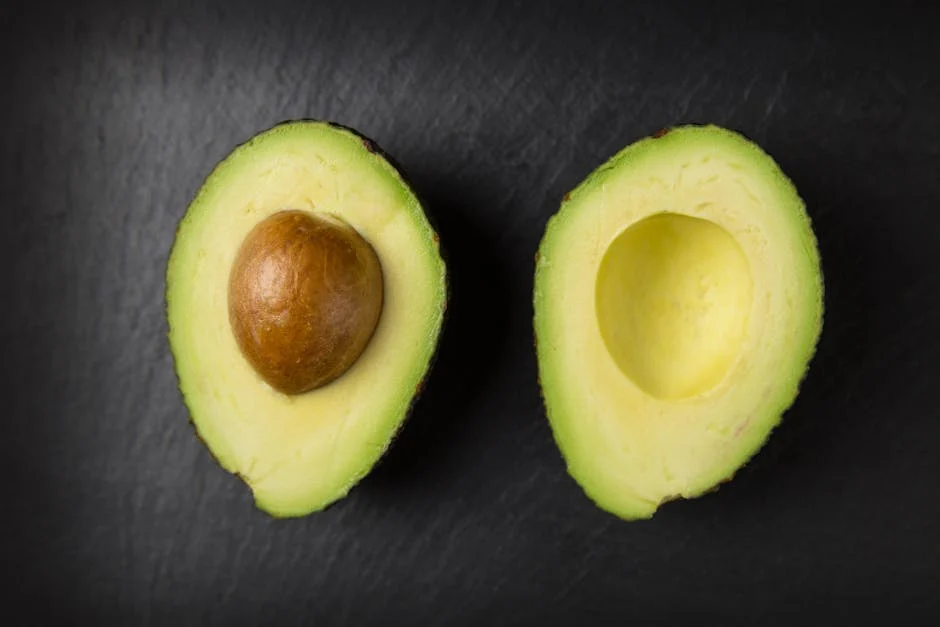Introduction
The Paleo diet, often referred to as the “caveman diet,” emphasizes whole, unprocessed foods that our ancestors theoretically ate. While many diets promise quick results, Paleo distinguishes itself by its potential for long-term sustainability. This article explores why Paleo might be easier to maintain compared to other restrictive diets, focusing on its inherent flexibility and focus on nutrient-dense foods.
Why Paleo Is More Sustainable Long-Term
Emphasis on Whole, Unprocessed Foods
Unlike diets that meticulously count calories or restrict macronutrients in rigid ratios, Paleo prioritizes food quality. This approach fosters a healthier relationship with food.
- Reduced Cravings: Whole foods are more satiating, naturally reducing cravings for processed snacks and sugary drinks.
- Improved Nutrient Intake: A Paleo diet encourages a diverse range of fruits, vegetables, and lean proteins, ensuring adequate intake of essential vitamins and minerals.
- Focus on Real Food: By emphasizing real food, you’re less reliant on artificial sweeteners, additives, and preservatives that can disrupt metabolism and hormone balance.
Flexibility and Adaptability
While there are core principles, the Paleo diet offers considerable flexibility, making it adaptable to individual needs and preferences.
- Varied Food Choices: Paleo allows for a wide array of meats, fish, poultry, eggs, fruits, vegetables, nuts, and seeds. This variety prevents monotony and makes long-term adherence easier.
- Modification for Activity Levels: The amount of carbohydrates consumed can be adjusted based on activity levels. Athletes, for example, might incorporate more starchy vegetables or fruits.
- Regional Adaptations: The specific foods consumed can be tailored to local availability and cultural preferences, making the diet more sustainable in different geographic locations.
Focus on Health, Not Just Weight Loss
Paleo’s primary goal isn’t solely weight loss, but rather overall health and well-being. This broader focus contributes to its long-term appeal.
- Improved Gut Health: Eliminating processed foods and focusing on whole foods promotes a healthy gut microbiome, which is crucial for overall health and digestion.
- Reduced Inflammation: The diet’s emphasis on anti-inflammatory foods, such as fatty fish, fruits, and vegetables, can help reduce chronic inflammation.
- Sustainable Lifestyle Changes: By focusing on long-term health benefits, Paleo encourages sustainable lifestyle changes rather than quick fixes, increasing the likelihood of long-term adherence.
No Calorie Counting Required (Usually)
For many, the tediousness of calorie counting is a major deterrent to diet adherence. The Paleo diet often eliminates this burden.
- Intuitive Eating: Paleo encourages listening to your body’s hunger cues and eating until satisfied, promoting a more intuitive approach to eating.
- Automatic Calorie Restriction: By focusing on whole, unprocessed foods, you naturally consume fewer calories due to their higher nutrient density and lower energy density.
- Less Food Obsession: Without the constant need to track every calorie, you can focus on enjoying your meals and living a healthy, balanced lifestyle.
Social Considerations
While eating out or socializing can be challenging on any restrictive diet, Paleo has become increasingly mainstream, making it easier to find compliant options and modifications.
- Restaurant Adaptations: Many restaurants now offer Paleo-friendly options or are willing to accommodate requests for modifications.
- Growing Community Support: A large online community provides support, recipes, and tips for navigating social situations and staying on track.
- Focus on Whole Foods: The emphasis on fresh, whole foods makes it easier to prepare meals at home and bring compliant options to gatherings.
Conclusion
The Paleo diet’s emphasis on whole, unprocessed foods, combined with its inherent flexibility and focus on long-term health, makes it a potentially more sustainable dietary approach compared to other restrictive diets. While it requires initial effort and planning, the benefits of improved nutrient intake, reduced inflammation, and a healthier relationship with food can make it a viable and rewarding lifestyle choice for many individuals.
